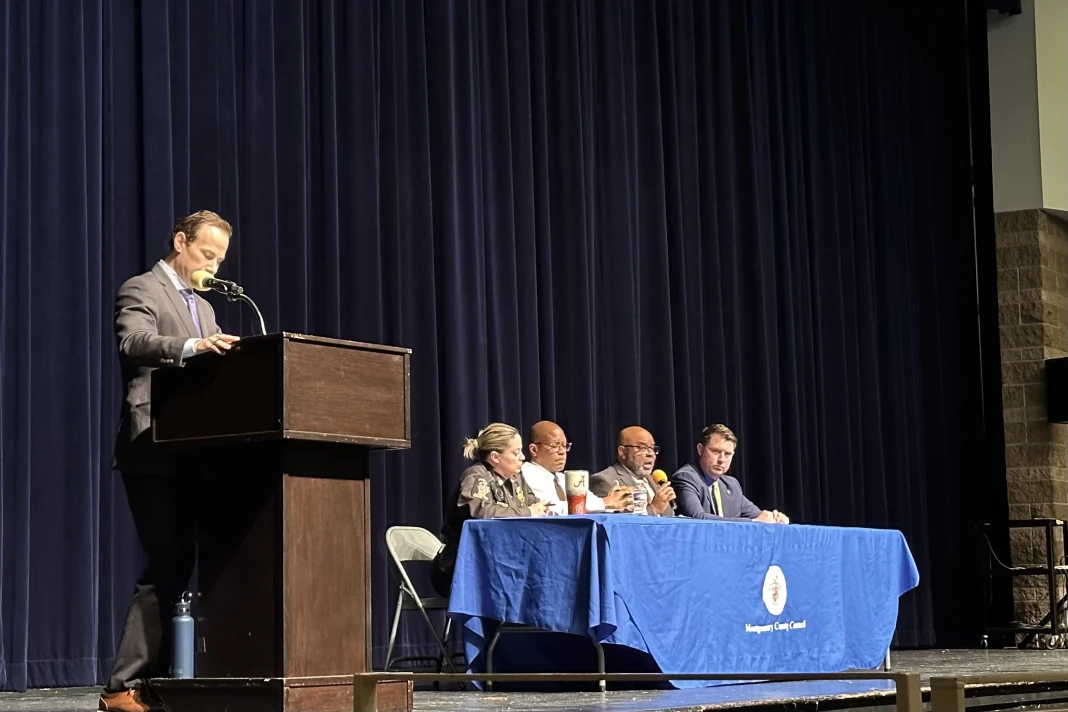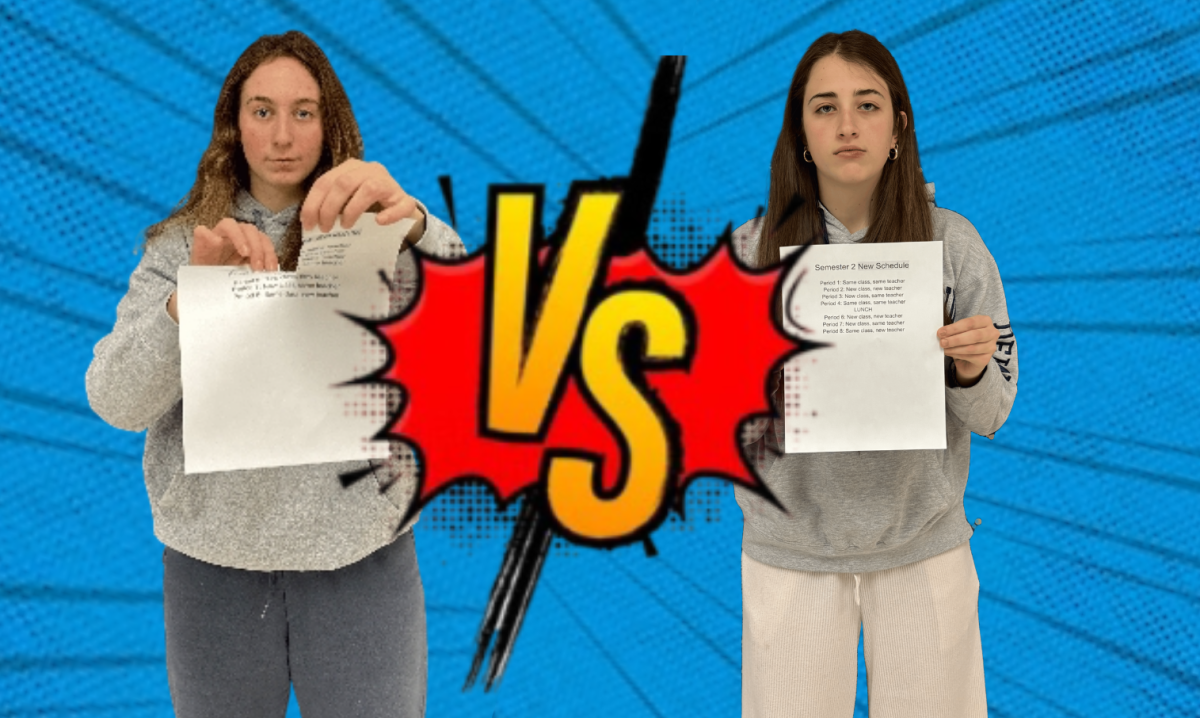The “Common Application” is a deceptive name because it is, in fact, uncommon to many colleges. While hundreds of colleges have transitioned to using the Common App as their main admissions portal, there are still more that cling to their own online applications system or prefer paper applications to the Common App.
However, the Common App is an extremely useful tool that more colleges should use because it is easy and efficient for both colleges and applicants. The Common App standardizes the various components of a typical college application so that students only have to fill it out once. It encompasses test scores, activity descriptions, and most importantly, a central essay on one of six prompts that have been agreed upon beforehand by participating institutions.
It marks the starting point of a new age of admissions, one that colleges should embrace. Colleges that refuse to acknowledge the utility of the Common App and maintain their sovereignty through their own application mediums are at risk of losing capable candidates.
Seniors are extremely busy during admissions season, managing extracurricular activities, academics and college applications. They do not have the time to learn unfamiliar application systems, reenter information that they have already documented in the Common App, and write multiple essays that they cannot send to more than one college. The unfortunate result is that many decide not to apply to colleges that do not subscribe to the Common App.
Several colleges that do not use the Common App justify their decision by claiming that the Common App is not as comprehensive as their admissions process or that it is not in line with their philosophy.
According to a 2010 October Washington Post article, the dean of Georgetown University admissions prefers paper applications to the Common App because the admissions officers want each application to be “unique” and do not want students “applying for the wrong reasons.”
Georgetown’s decision to cling to paper applications is regressive. Paper applications have been the medium for college applications for more than a century. It is time to change, but schools like Georgetown fail to recognize the utility of the Common App.
The reasoning that Georgetown University offers for not using the Common App is flawed. The Common App does not prevent applications from being “unique” because each university can customize the questions and the layout of the Common App however they wish. College admissions officers can add all the questions of their current application to the Common App’s supplemental section.
According to senior Malcolm Udeozor, he is not applying to Georgetown University because submitting paper applications is “too much of a hassle.”
The University of Maryland, College Park cites a similar reason as Georgetown University for not using the Common App.
According to Shannon Gundy, University of Maryland’s associate director for undergraduate admissions, the University has its own application system because the Common App is not “holistic.”
What colleges that use their own application methods do not say publically is that the Common App is very expensive to use.
According to Gundy, cost is not the main driving factor, but it is a consideration.
According to CHS College Career Counselor Luana Zimmerman, however, the cost of using the Common App and the “anticipated return on that investment” are major factors that affect whether a college ultimately decides to subscribe to the Common App.
Whatever the reasons of colleges may be for not using the Common App, their admissions counselors should realize that the Common App attracts capable applicants by making the application process less time consuming.







